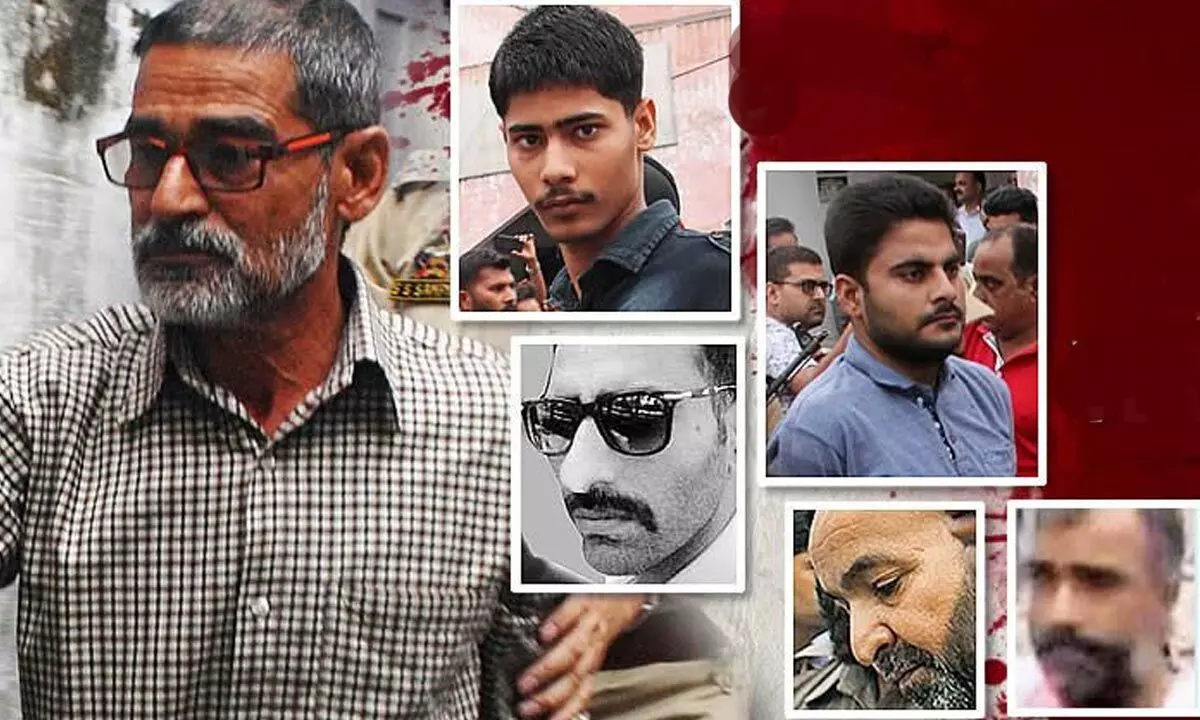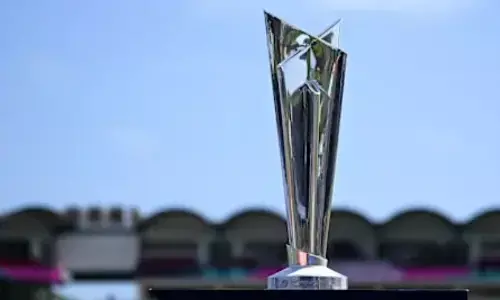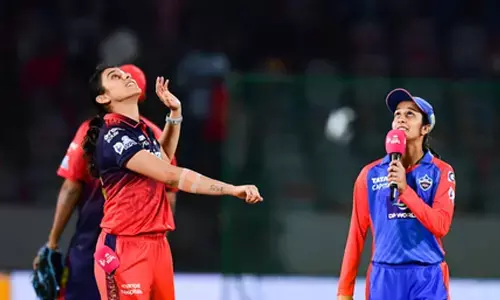Arguments on framing of charges today

Arguments on framing of charges today
A sessions court in Pathankot will on Monday hear arguments on framing of charges against Shubam Sangra, prime
Pathankot/New Delhi: A sessions court in Pathankot will on Monday hear arguments on framing of charges against Shubam Sangra, prime accused in the 2018 rape and murder case of a minor nomad girl in Kathua of Jammu and Kashmir. The trial was transferred from Kathua in the Jammu region to Pathankot in Punjab following the direction of the Supreme Court. Ahead of it, the top court had in 2022 declared that Sangra was not a juvenile at the time of the offence and should be tried as an adult.
The apex court set aside the Jammu and Kashmir High Court’s order of March 27, 2018 that had ruled that Sangra be treated as a juvenile. The crime branch of Jammu and Kashmir police then filed a charge sheet against him before the Kathua court. Earlier, the same was filed before the Juvenile Justice Board. Besides kidnapping and wrongful confinement, the charge sheet accused Sangra of offenses under IPC sections 302 (murder) and 376 (rape).
During its last hearing on June 17, Sessions Judge Jatinder Pal Singh Khurmi said in his one-page order that all original records had been received by the court and “now, the case is adjourned to 26.06.2023 for consideration on the point of framing of charge”. Sangra has been shifted from Kathua jail to a sub-district prison at Pathankot. The minor girl was kidnapped on January 10, 2018, raped in captivity and later bludgeoned to death.
The brutality of the case shook the nation. Eight people, including Sangra, were named as accused. The case against seven of the accused was earlier transferred out of Jammu and Kashmir to Pathankot on the order of the Supreme Court on May 7, 2018. The special court on June 10, 2019 sentenced three accused - Sanji Ram, the mastermind and caretaker of the ‘devasthanam’ (temple) where the crime took place, special police officer Deepak Khajuria and a civilian Parvesh Kumar - to life imprisonment “till last breath”.
Three other accused - Sub Inspector Anand Dutta, Head Constable Tilak Raj and special police officer Surender Verma - were convicted of destruction of evidence to cover up the crime and handed down five years in jail and a Rs 50,000 fine each. They are out on parole. The seventh accused, Vishal Jangotra, son of Sanji Ram, was acquitted. The sessions court has also posted a bail application, moved by the accused, for Monday along with the main case. With Sangra being tried in the case, the quest for justice for the child takes a decisive turn. According to the Supreme Court order of 2018, the sessions court of Pathankot will be hearing the case and the appellate court would be Punjab and Haryana High Court.
The Crime Branch charge sheet detailed Sangra’s alleged involvement in the horrific crime. It claimed that Sangra was responsible for an overdose of sedatives forcibly administered to the eight-year-old, rendering her “incapacitated” to resist the sexual assault on her as well as her murder. “She was forcibly administered five tablets of Clonazepam of 0.5 mg each on January 11, 2018 which is higher than the safe therapeutic dose. “Subsequently, more tablets were given... the signs and symptoms of an overdose may include drowsiness, confusion, impaired coordination, slow reflexes, slowed or stopped breathing, coma (loss of consciousness) and death,” a medical expert was quoted as saying in the charge sheet.
The peak concentration of clonazepam is achieved in the blood after one hour to 90 minutes of oral administration and its absorption is complete, “irrespective of administered either with or without food”, according to the concluding opinion. Doctors were of the opinion that tablets given to the child could have pushed her into a state of shock or coma. A shoddily drafted application for a birth certificate had led to the unravelling of an alleged conspiracy to proclaim Sangra as a juvenile. The inconsistencies in dates and false information in the application for a birth registration certificate filed by Sangra’s father on April 15, 2004 were crucial in nailing the lie. An affidavit filed in the top court cited the inconsistencies in the application.














